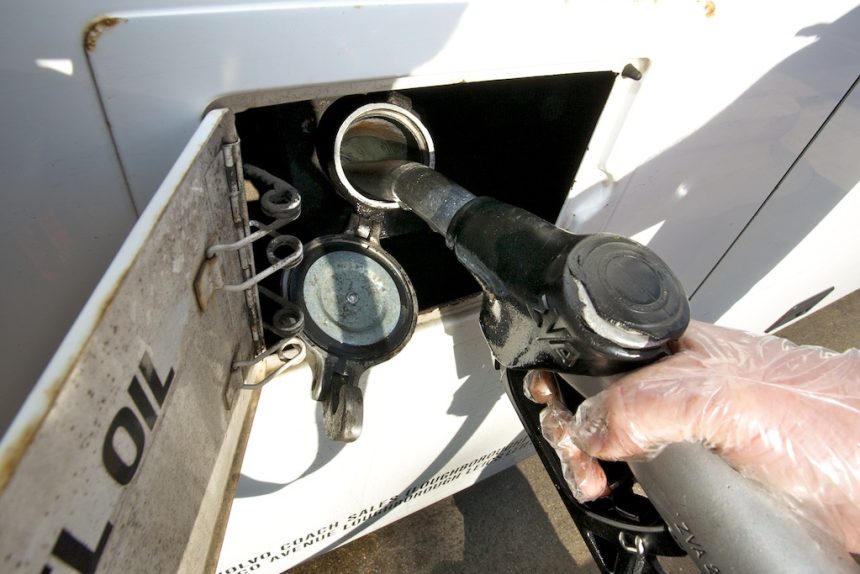The average price of delivered-in bulk diesel again fell slightly in July, coming in at 111.90ppl plus VAT according to figures collated by RHA.
That was down by 0.54ppl, or around 0.5%, from June’s return of 112.44ppl. Such a third consecutive month-on-month drop puts diesel at its lowest average since July 2023 according to the trade body’s data.
Since the start of 2022, the monthly delivered-in bulk diesel price has been lower than the latest figure on only three occasions, but the July figure is still well above the sub-£1ppl that was in evidence until a little over three years ago.
In addition, growing speculation surrounds whether Chancellor Rachel Reeves will use her October budget to announce a removal of the 5ppl temporary fuel duty cut introduced in 2022 by the previous government.
Mainstream sources suggest that “difficult decisions” on tax will be necessary later this year, with the £22 billion “black hole” that Ms Reeves claims to have discovered shortly after the general election requiring revenue-raising measures to fill.
More positively, the US Energy Information Administration (USEIA) lowered its forecasts for oil prices for the remainder of 2024 and throughout 2025 in the August edition of its Short-Term Energy Outlook.
Those predictions had slowly crept up over recent months, and while the latest revision does not take them back to where they were six months ago in USEIA data, the reductions in the latest forecast are noticeable.
The Administration now believes that Brent will average US$84.06 per barrel during Q3, down from its position in July which held that figure at US$87.97. Generally smaller falls have been priced into quarterly predictions until the end of 2025. USEIA now forecasts that the 2024 yearly average will be US$84.44 per barrel, and for 2025 in its entirety, US$85.71.
Further reductions in those predictions may yet arrive after the Brent average for July of around US$84 per barrel tailed off in the first two weeks of August. The latest USEIA data was published on 6 August, but during the previous week Brent receded below US$80 per barrel and reached its lowest level since January in doing so, according to Reuters.
Fears of a recession in the US were behind that drop, and while the price rebounded somewhat, it had been sub-US$80 for 10 days at the time of writing.



























